The FLSA – or Fair Labor Standards Act to most non-HR professionals – is an act administered by the Wage and Hour Division. What the FLSA does, is they establish standards for minimum wage, overtime, and child labor. This act covers most employees in the workforce!
When it comes to minimum wage and overtime laws, most hourly non-exempt employees fall under the requirements mandated by these laws. There are some employees though, who are exempt from these overtime and minimum wage laws. The Department of Labor has a great website that explains these exemptions. I’ll list those exemptions here, and then you can head over to the DOL’s page for more detail. All of these exemptions must include a salary of AT LEAST $455 per week. And remember, categorizing employees incorrectly can create costly fines for your company – it’s worth it to review these exemptions often.
- Executive Employees – these are typically employees in the positions of CEO, CFO, COO, CIO, and executive management level positions (that oversee two or more employees) and have discretion in hiring, disciplining, promoting, and terminating employees.
- Administrative Employees- these are typically employees in the positions of administration to executive positions that use discretion and independent judgment with respect to matters of significance.
- Professional Employees – there are two “sub categories” under professional: Learned Professional and Creative Professional.
- Learned Professional: these are your attorneys, teachers, accountants, doctors – employees that have a higher level of education and are in a field of science or learning.
- Creative Employees: these are employees who imagine, create, invent or provide talent in some creative or artistic endeavor.
- Computer Employees – these are your lifesavers, aka, programmers, system administrators, coders, software engineers, and employees who consult, design, develop, create, document, analyze, and test software, prototypes, computers, and programs within the IT field.
- Outside Sales Employees – this is an employee who is regularly outside of the office engaged in sales for your business.
There are also “Highly Compensated Employee” exemptions for those making over $100,000 per year and “perform at least one of the duties of an exempt executive, administrative or professional employee identified in the standard tests for exemption.” (DOL)
And yet another caveat that all HR professionals need to consider – these are all white collar only exemptions. There is specific language for blue collar workers that states: “The exemptions do not apply to manual laborers or other “blue collar” workers who perform work involving repetitive operations with their hands, physical skill and energy. FLSA-covered, non-management employees in production, maintenance, construction and similar occupations such as carpenters, electricians, mechanics, plumbers, iron workers, craftsmen, operating engineers, longshoremen, construction workers and laborers are entitled to minimum wage and overtime premium pay under the FLSA, and are not exempt under the Part 541 regulations no matter how highly paid they might be.” (DOL)
Lastly, there is information for police officers, paramedics, first responders, investigators, correctional officers, park rangers, highway patrol, firefighters, EMTs, and the like when it comes to FLSA rules concerning overtime and minimum wage on the DOL’s website. If you are in these industries, knowing the law backwards and forwards could help you with future headaches.
Or, if you don’t want to have to worry about FLSA rules at all, and would like our HR Professionals handle it for you, give us a call today. We can visit with you and explain how our services can help you with these headaches, in addition to your payroll, insurance, and other HR needs. 888-557-1600.






